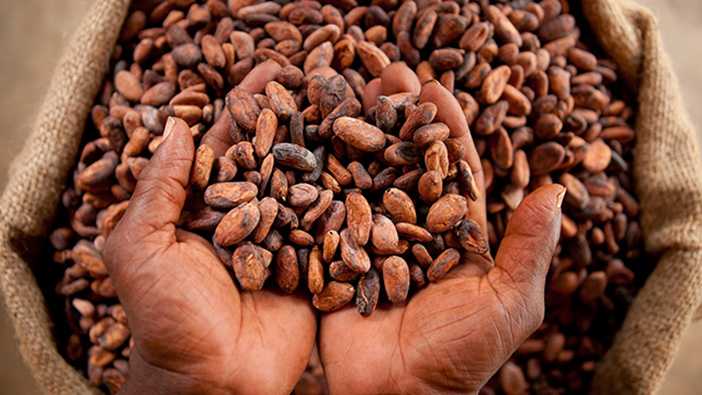Aside a long standing rivalry with Nigeria, Ghana has so much to teach about her culture, traditions and people.
On March 6th of every year, Ghana celebrates its Day of Independence. This year, Ghana marks its 64th year since the country became an independent nation with the end of colonial rule.
With an estimated population of about 31 million people, Ghana ranks number 47 in the list of countries (and dependencies) by population, according to UN Data
Which better day to learn about Ghana than her day of Independence? Take your time to look through these interesting and surprising facts about Ghana.
Ghana is the largest producer of gold in Africa.

After mining more than 142 metric tonnes of gold in 2019, Ghana surpassed South Africa to take the spot as the largest producer of gold in Africa.
Kinross Gold (Chirano mine), Newmont Goldcorp (Akyem and Ahafo mines), AngloGold Ashanti (Obuasi and Iduapriem mines), Gold Fields (works the Tarkwa gold mine), and Asanko Gold (work the Tarkwa gold mine) are among the largest companies contributing to Ghana’s gold output (Asanko mine).
Ghana is the worlds second largest producer of cocoa beans.

Cocoa is the chief agricultural export of Ghana and Ghana’s main cash crop. The world largest irrigation scheme of cocoa is Ivory Coast, Ghana is the second largest cocoa exporter in the world. Cocoa cultivation is not native to the country; Ghana’s cocoa cultivation, however, is noted within the developing world to be one of the most modeled commodities and valuables.
There is a vibrant national costume of Kente.
Kente is a type of silk and cotton fabric made of interwoven cloth strips and is native to the Akan tribe in Ghana. Kente is made in Akan lands such as Ashanti Kingdom and by Akans in Ivory Coast. It is also worn by many other groups who have been influenced by Akans. Kente comes from the word kenten, which means basket in Akan dialect Asante. Akans refer to kente as nwentoma, meaning woven cloth.
A Ghanaian Traditional salad would surprise
In Ghana, a salad may include lettuce, tomato, onion, boiled eggs, tuna, and baked beans, among other things.
Ghana has a space program and launched a satellite in 2017.

GhanaSat-1 was the first nanosatellite launched from Ghana into space. It was planned and developed in two years as part of the Kyushu Institute of Technology’s Birds-1 initiative, which aims to assist countries in the creation of their first satellite.
The biggest man-made lake in the world is found in Ghana
Lake Volta is one of the world’s largest man-made reservoirs, with a storage capacity of 124,000,000 acre-feet (153,000,000,000 cubic m) of water. It stretches for about 250 miles (400 kilometers) and occupies 3,283 square miles (8,502 square kilometers), or about 3.6 percent of Ghana’s total land area. The construction of the lake caused the flooding of 15,000 homes and 740 villages, as well as the relocation of 78,000 residents. The lake is navigable, and it serves as a low-cost connection between Ghana’s northern savanna and the coast.
Ghanaians are often named by the day on which they are born

Ghanaians name their children after the day of their birth. Especially, among the Akan Tribes. It is believed that a person’s name has a cultural, social, and lifetime impact on various aspects of their life.
For example, a male born on Sunday is called Kwasi, while a female is called Akosua. Kwabena is the name of a male born on Tuesday, and Abena is the name of a female born on Tuesday.
As a result, every child has the same name from Monday to Sunday, regardless of when they were born.
Ghana is currently the best place to visit in December. Don’t hesitate to do a tour to Ghana. Ghanaians are the most hospitable people you will find on the planet.


